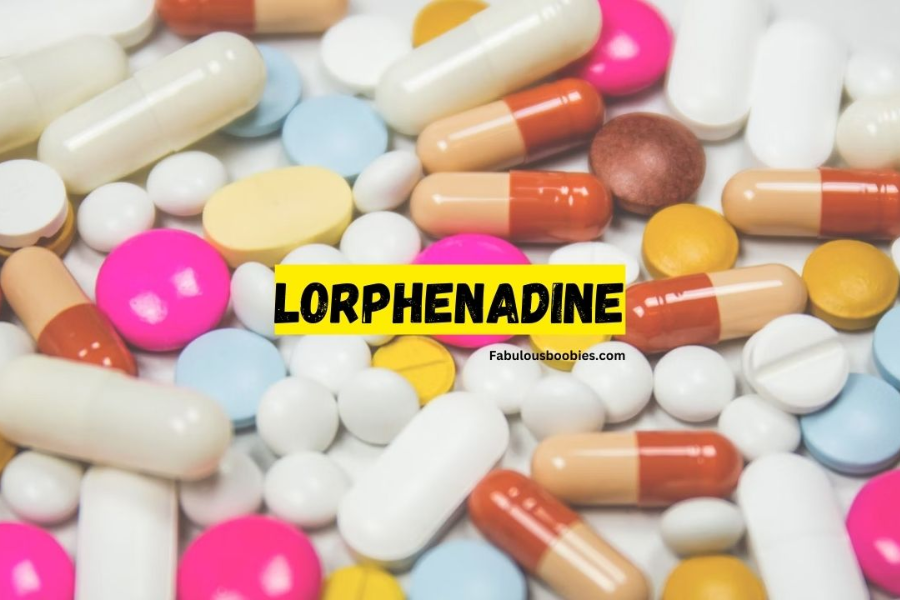
Diet plays a significant role in overall health, including oral health. The foods and drinks we consume daily can either strengthen or weaken our teeth, gums, and overall dental structure. As more people become health-conscious, popular diets like keto, vegan, and paleo have surged in popularity, each with its unique claims about health benefits. While these diets are praised for weight loss, energy boosts, and improved well-being, they can also have unintended consequences on oral health.
The Oral Health Risks of a High-Sugar Diet
Before discussing the impacts of specific diets like keto or vegan, it’s essential to understand the general risk that sugar poses to dental health. Sugar has long been associated with tooth decay, as it fuels harmful bacteria in the mouth. When these bacteria break down sugar, they produce acids that erode enamel, leading to cavities. The rise of sugar-laden snacks, soft drinks, and even ‘healthy’ alternatives such as fruit juices has caused a significant increase in dental issues. Regardless of the diet you follow, reducing sugar intake is one of the most critical steps in maintaining good oral health.
The Keto Diet and Dental Health
The ketogenic (keto) diet has become immensely popular for weight loss and improved energy levels. This diet focuses on high-fat, moderate-protein, and low-carbohydrate consumption. While this approach can help in achieving weight loss goals, it may also present some unique challenges to oral health.
The keto diet reduces carbohydrate intake drastically, which naturally limits sugar consumption. As a result, this diet can potentially lower the risk of tooth decay caused by sugars. However, the keto diet has also been linked to a condition known as “keto breath.” When the body enters ketosis, it produces chemicals called ketones, including acetone, which can cause bad breath. Though this isn’t necessarily a dental health issue, it can be unpleasant and may require special attention to oral hygiene to control.
Additionally, the high-fat content in keto-friendly foods like cheese, meats, and nuts can sometimes lead to an increased buildup of plaque, which, if not managed properly, can lead to gum disease. Keeping regular dental check-ups and maintaining a robust oral hygiene routine are crucial for those on a keto diet to avoid such problems.
The Vegan Diet and Dental Health
A vegan diet excludes all animal products, focusing instead on plant-based foods. This diet has many health benefits, including better heart health and reduced risk of certain cancers, but it can also have certain drawbacks when it comes to oral health.
One of the main concerns with a vegan diet is the potential lack of key nutrients that are crucial for maintaining strong teeth and bones, such as calcium, vitamin D, and vitamin B12. Calcium is critical for tooth enamel strength, while vitamin D is necessary for the body to absorb calcium effectively. Without these nutrients, vegans may be at an increased risk of tooth decay, gum disease, and weakened enamel.
Another issue associated with the vegan diet is the higher intake of acidic foods such as citrus fruits, tomatoes, and certain plant-based products that can wear away enamel over time. Enamel erosion can lead to tooth sensitivity and increased susceptibility to cavities. However, with proper planning and supplementation, vegans can still maintain good oral health. Fortified plant-based milks, leafy greens, nuts, and seeds can help fill the nutrient gap. Visiting a London based cosmetic dentist for regular check-ups can help identify any signs of deficiency early on and provide guidance on oral care specific to dietary needs.
The Paleo Diet and Dental Health
The paleo diet, often referred to as the “caveman diet,” promotes the consumption of foods that were presumably eaten by our hunter-gatherer ancestors. It includes lean meats, fish, fruits, vegetables, and nuts, while excluding processed foods, grains, legumes, and dairy.
Similar to the keto diet, the paleo diet limits sugar intake, which can reduce the risk of cavities and tooth decay. However, the exclusion of dairy products like milk and cheese, which are rich in calcium and vitamin D, can negatively impact oral health. These nutrients are essential for maintaining strong teeth, and without them, teeth may become more vulnerable to decay and enamel loss.
Furthermore, the high consumption of fibrous and acidic foods, such as fruits and raw vegetables, can lead to wear and tear on the teeth. Over time, excessive chewing of tough foods may contribute to enamel erosion or cause teeth to crack or chip. However, this is a lesser concern than tooth decay from sugar-laden diets.
For those following the paleo diet, it is important to ensure they are consuming alternative sources of calcium and vitamin D, such as leafy greens or supplements, to protect their teeth. Regular visits to a cosmetic dentist London can also ensure that any early signs of wear or nutrient deficiency are addressed before they lead to more significant issues.
The Mediterranean Diet and Dental Health
The Mediterranean diet, rich in fruits, vegetables, whole grains, and healthy fats like olive oil, is widely regarded as one of the healthiest diets in the world. It promotes heart health, reduces inflammation, and has numerous benefits for general well-being. But how does it fare when it comes to dental health?
Due to the inclusion of plenty of fresh produce, this diet provides a good amount of vitamins and minerals essential for oral health. Calcium, phosphorus, and vitamin D—found in leafy greens, nuts, fish, and dairy—are all vital for maintaining healthy teeth and gums. Additionally, the diet’s focus on healthy fats can promote better gum health by reducing inflammation and providing the building blocks for tissue repair.
However, the frequent consumption of wine, a staple of the Mediterranean diet, may pose a risk to teeth. Wine, particularly red wine, is acidic and can erode enamel if consumed excessively. Additionally, tannins in wine can cause staining of the teeth. Moderation is key, and thorough rinsing of the mouth with water after drinking wine can help mitigate its effects on tooth enamel.
Intermittent Fasting and Dental Health
Intermittent fasting, which involves cycling between periods of eating and fasting, has gained popularity for its potential to help with weight loss, insulin sensitivity, and overall metabolic health. This eating pattern does not necessarily dictate the types of foods you eat, but the timing of meals may have some effects on dental health.
One of the benefits of intermittent fasting is that it reduces the frequency of food intake, which can limit the number of acid attacks on your teeth. Every time you eat, the bacteria in your mouth produce acid that can wear down enamel. By restricting eating to a specific time window, you give your teeth longer periods to recover and remineralize between meals, which could potentially lower the risk of cavities.
On the other hand, dry mouth can result from fasting, particularly if water intake is restricted. Tooth decay is more likely to occur when there is a shortage of saliva in the mouth, which is needed to neutralise acids and wash away food particles. To avoid this problem, those who follow intermittent fasting must drink enough of water and take care of their teeth.
Managing Oral Health Across All Diets
While each of these popular diets has its own set of oral health challenges, there are some universal strategies that can help protect teeth regardless of dietary choices.
Prioritize Oral Hygiene: Brushing twice a day with fluoride toothpaste and flossing daily is non-negotiable for maintaining good oral health. Consider using a mouthwash that targets bacteria and plaque buildup to enhance your routine.
Stay Hydrated: Drinking water throughout the day helps wash away food particles and bacteria, preventing dry mouth and reducing the risk of tooth decay. For diets that include acidic foods or beverages, rinsing the mouth with water immediately after consumption can help protect enamel.
Visit Your Dentist Regularly: Regular check-ups with your dentist are crucial for spotting potential issues early. If you follow a specific diet, it’s worth discussing any concerns with your dentist, who can provide personalized advice. For those considering cosmetic treatments such as veneers, a consultation with a cosmetic dentist in London can address both aesthetic and functional dental concerns.
Nutritional Balance: No matter which diet you follow, ensuring that your body gets enough essential nutrients like calcium, vitamin D, and phosphorus is key to maintaining strong, healthy teeth. Supplements or fortified foods may be necessary if your diet lacks these nutrients.
Conclusion
The foods we eat have a significant impact on our oral health, and popular diets like keto, vegan, paleo, and intermittent fasting come with their own set of benefits and challenges. Whether you’re cutting carbs or embracing plant-based eating, it’s essential to be mindful of how your diet affects your teeth and gums. While some diets reduce the risk of cavities, they can also lead to issues such as enamel erosion, nutrient deficiencies, or dry mouth if not managed carefully.
Consulting with a dental professional, such as Dr. Sahil Patel at the Marylebone Smile Clinic, can provide invaluable insights into maintaining a healthy smile while following your preferred diet. With proper care and attention to your oral hygiene, you can enjoy the benefits of your chosen diet without compromising your dental health.









